This situation reflects changing social attitudes towards learning and limitations in the current educational support system.
According to the latest survey by the Japanese Ministry of Education, Culture, Sports, Science and Technology (MEXT), in 2024, nearly 354,000 elementary and junior high school students were absent from school for 30 days or more for reasons unrelated to illness or financial difficulties. This is the highest number since statistics were conducted and marks the 12th consecutive year of this increase.
Notably, the number of Japanese students who are regularly absent from school has nearly doubled in just five years. The rate of absenteeism now accounts for 3.9% of the total number of elementary and junior high school students nationwide. Of these, the number of students absent for 90 days or more has reached nearly 192,000, reflecting the severity of the phenomenon.
An official from the ministry’s Student Affairs Department said the situation was “extremely worrying”, as the number of children who did not receive proper counseling or psychological support also increased, with 135,700 cases having never been connected to an education or health professional. This shows that the support system for students in difficulty is still limited.
First of all, social attitudes towards learning have changed. Since the Education Opportunity Guarantee Act was enacted in 2017, forms of learning outside of the traditional school system such as alternative schools or homeschooling have become more widely accepted. At the same time, the Covid-19 pandemic has made many families realize that children can learn without going to school every day, thereby reducing the pressure to adhere to the traditional learning model.
Some parents believe that forcing their children to go to school when they don’t want to only increases psychological stress. However, this very view also makes it difficult for schools to intervene and provide support. When schools contact them to offer online learning or counseling, many parents refuse with the excuse “my child doesn’t want to go to school”, leading to a growing gap between home and school.
The second reason is that the Japanese education system has not kept up with the special support needs of students. Many have difficulty adjusting to a daily routine or have special needs related to developmental disorders. However, schools lack specialized support staff and procedures. The number of absenteeism due to daily routine disorders has increased sharply, while cases related to special educational needs have also increased.
In response to the increase in absenteeism, some localities have implemented new support models. In Okazaki City, Aichi Prefecture, support learning centers have been opened on school campuses, allowing students who have difficulty attending classes to study on a flexible schedule and receive support from specialized teachers. Some students say the centers have helped them get back on track.
“If absenteeism continues for a long time, children may fall behind in their studies and have difficulty integrating into society as adults. Schools need to understand that supporting absenteeism is not a long-term solution,” said Associate Professor Taketoshi Goto Goto, who teaches at Tohoku University.
In Hikari City, Yamaguchi Prefecture, mental health professionals and retired teachers visit students' homes once or twice a week. Half of the students who participated in the program have been able to return to school or participate in community activities.
Source: https://giaoducthoidai.vn/ty-le-hoc-sinh-nghi-hoc-tang-ky-luc-tai-nhat-ban-post755363.html



![[Photo] Closing of the 14th Conference of the 13th Party Central Committee](https://vphoto.vietnam.vn/thumb/1200x675/vietnam/resource/IMAGE/2025/11/06/1762404919012_a1-bnd-5975-5183-jpg.webp)

















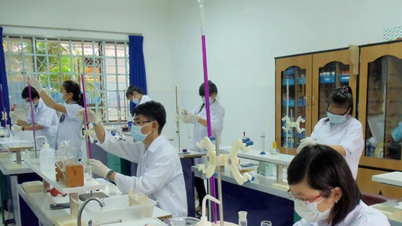


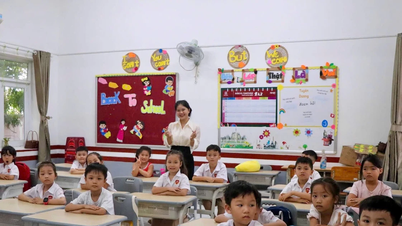
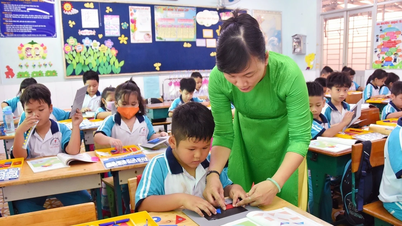
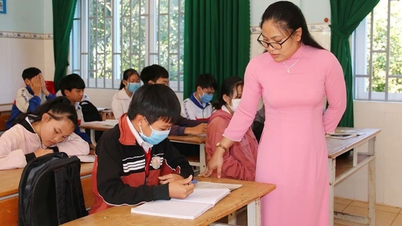


























































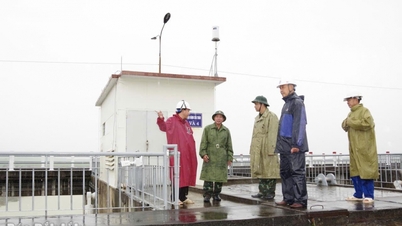



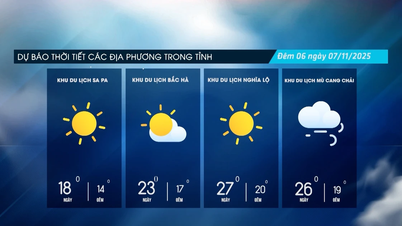












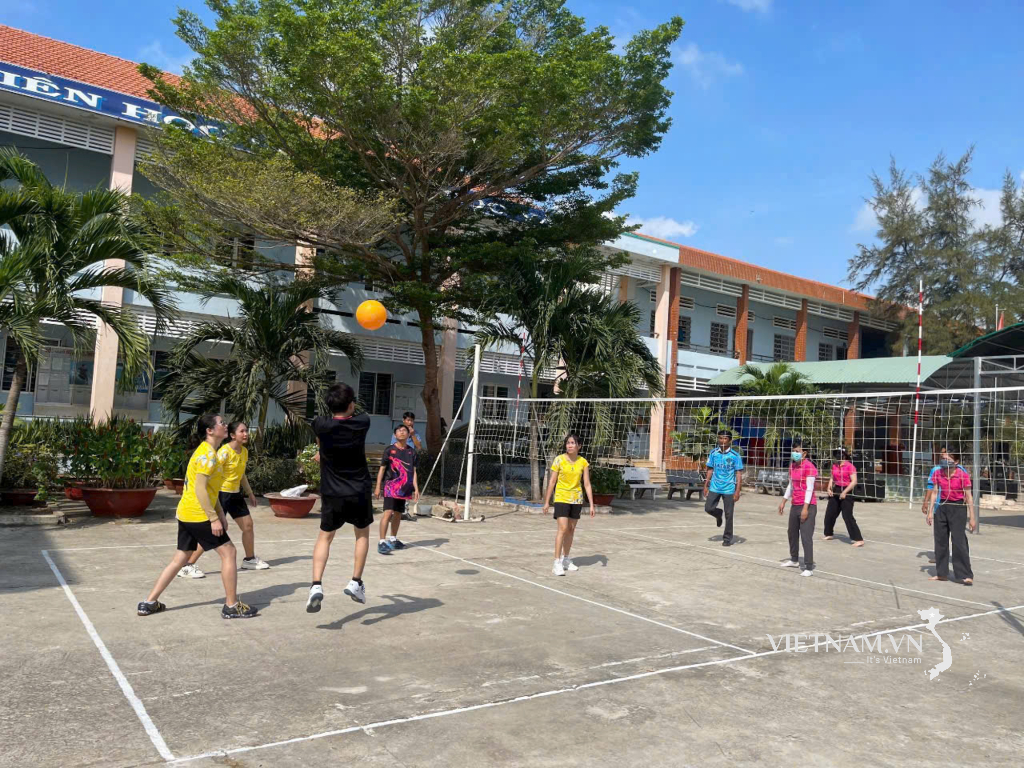


Comment (0)